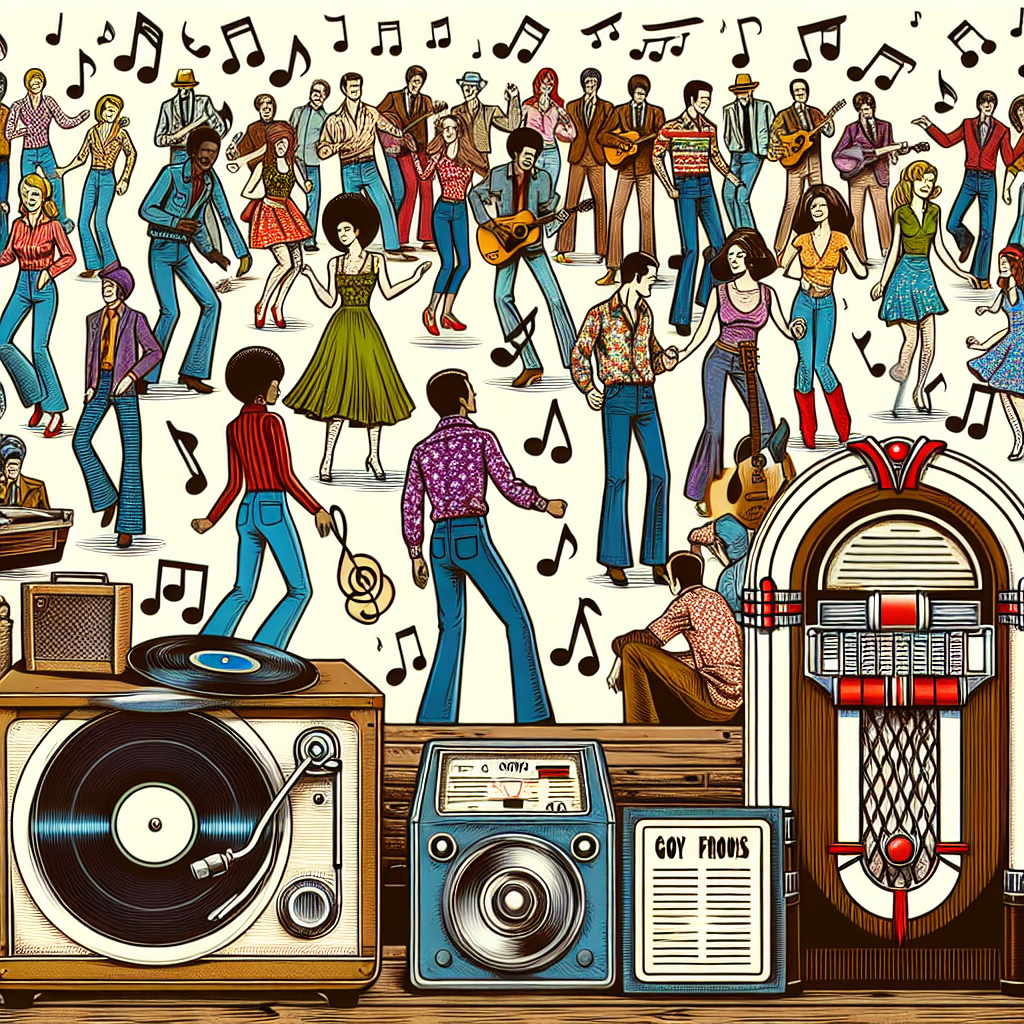Rock ‘n’ roll has been a powerful force in shaping culture and society for decades. From its humble beginnings in the 1950s to its explosion in the 1960s and 70s, rock ‘n’ roll has influenced not only music but also fashion, technology, and even politics.
In the 1950s, rock ‘n’ roll emerged as a rebellious form of music that challenged societal norms and values. With artists like Elvis Presley and Chuck Berry leading the way, rock ‘n’ roll became a symbol of youth rebellion and freedom. The music was fast-paced, energetic, and full of raw emotion, reflecting the changing attitudes of post-war America.
As rock ‘n’ roll continued to evolve in the 1960s, it became more than just a genre of music – it became a cultural movement. Bands like The Beatles and The Rolling Stones brought new sounds and ideas to the forefront, pushing boundaries and challenging conventions. The music of this era was psychedelic, experimental, and often politically charged, reflecting the turbulent times of the Vietnam War and Civil Rights Movement.
By the 1970s, rock ‘n’ roll had firmly established itself as a mainstream form of entertainment. With bands like Led Zeppelin and Pink Floyd dominating the airwaves, rock ‘n’ roll had become larger than life. The music was loud, bold, and unapologetic – a reflection of the excesses of the era.
But rock ‘n’ roll wasn’t just about the music – it was also about fashion. In each decade, rock stars pushed boundaries with their style choices, influencing trends both on stage and off. From Elvis’s iconic pompadour to Jimi Hendrix’s psychedelic bell bottoms to David Bowie’s gender-bending glam looks, rock ‘n’ roll fashion has always been ahead of its time.
Technology also played a crucial role in the evolution of rock ‘n’ roll. In the 1950s, artists used simple recording techniques to capture their sound on vinyl records. By the 1960s and 70s, advancements in recording technology allowed for more complex arrangements and production techniques. Artists were able to experiment with new sounds and create groundbreaking albums that pushed the boundaries of what was possible.
Even politicians couldn’t ignore the influence of rock ‘n’ roll. Throughout its history, politicians have tried to co-opt or censor rock music for their own purposes. From Elvis being drafted into military service to John Lennon being monitored by the FBI for his anti-war activism to Tipper Gore’s crusade against explicit lyrics in rap music – politicians have always had a complicated relationship with rock ‘n’ roll.
Despite these challenges, rock ‘n’ roll has endured as a powerful force for change and self-expression. It continues to inspire generations of musicians and fans alike with its rebellious spirit and infectious energy.
As we look back at the evolution of rock ‘n’ roll from the 1950s through the 1970s, we can see how this music has shaped our culture in profound ways. It has challenged norms, broken down barriers, and given voice to those who feel marginalized or oppressed.
So let’s celebrate this incredible journey through time – from Elvis shaking his hips on stage to Led Zeppelin rocking out at Madison Square Garden – because without rock ‘n’ roll, our world would be a much duller place.


Get involved!
Comments